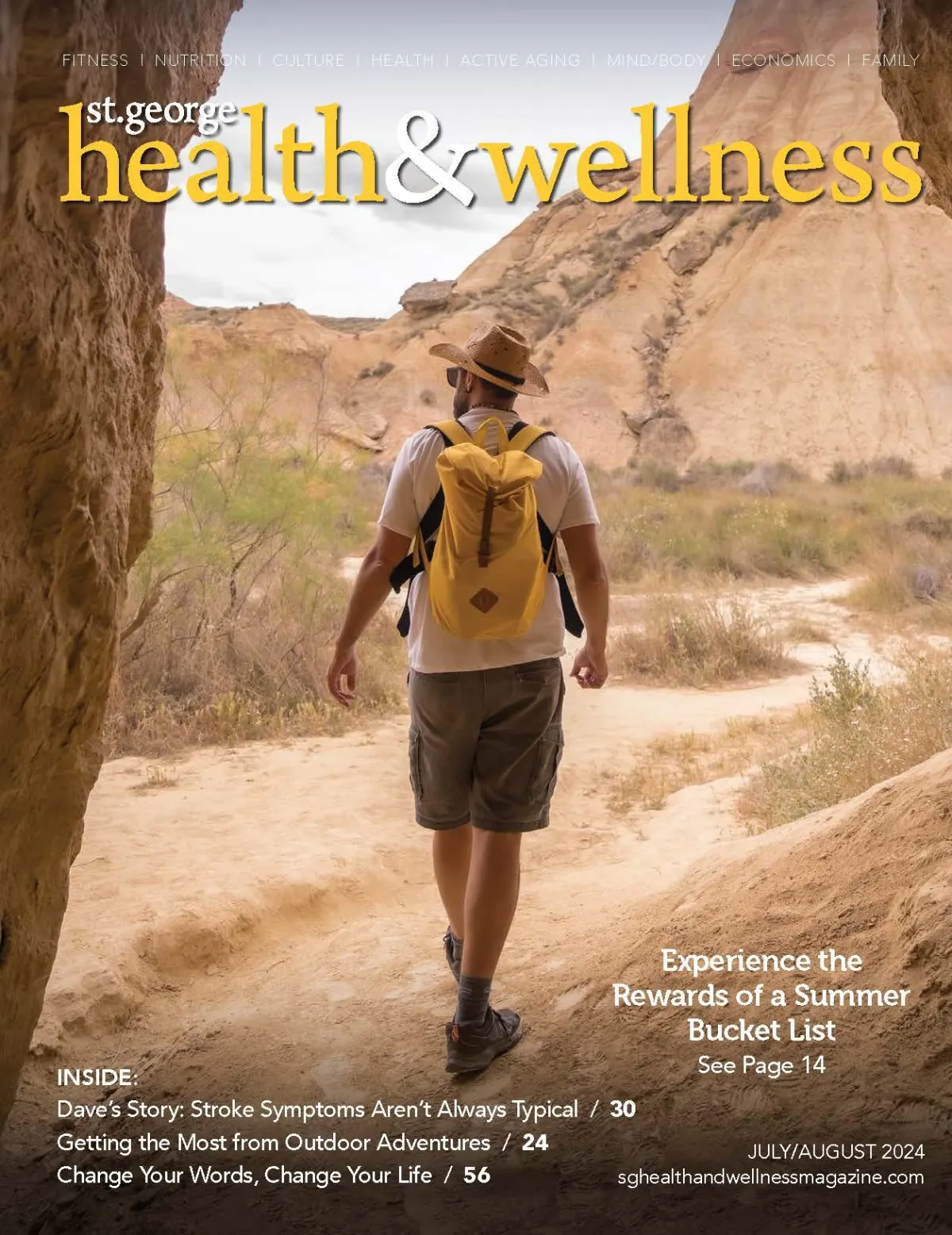

CURRENT ISSUE

View Articles By Topic


Now Is the Time to Build Resilience
In my practice as a relationship fitness coach, I see couples when they are experiencing immense pain, confusion, and fear of failure. Those couples that see the romantic side of the crisis will be successful more often than those that focus on the crisis only. The key difference between these two very different approaches is the resilience in the relationship.
Resilience in relationships is about weathering storms, growing through challenges, and emerging stronger together. It’s the juice that helps maintain a healthy, lasting bond, and it is super romantic.
By definition, resilience is the ability to mentally and emotionally cope with or manage a crisis. It is the ability to grow from and move beyond pre-crisis status to become stronger, faster, and more capable of managing the next crisis. Resilience is demonstrated by enduring difficult life situations, adapting to challenges, and recovering from setbacks that occur in day-to-day life.
Resilient individuals demonstrate strength and flexibility in the face of adversity. These individuals manage stress effectively and can bounce back from challenging experiences without self-medicating with drugs or alcohol. Avoiding stress with mind-altering substances stops growth and prevents resilience building.
Resilience is not a trait with which you are born; it is a skill that must be developed and strengthened over a lifetime. To be a master instead of a disaster in your relationship, you will want to develop resilience by seeing crises, issues, and adversity as an opportunity—not a thing to avoid
and ignore. Literally, see the romance in adversity!
Twelve Ways to Build Your Relationship Resilience

1. Squarely face difficult situations and conversations. Communicating fearlessly with your spouse about difficult things will build a strong, positive marital relationship. The resilient relationship can support the individual when things get hard; resilient individuals can buoy up the relationship when the couple struggles.
2. Develop a positive view of yourself and your relationship. Work on building confidence in your abilities and learn to trust your instincts. Pay attention to the needs of your partner and the feelings that are expressed.
3. Accept change as a part of living. Accepting that change is a part of life and growth will allow you to look forward to embracing new situations. Adversity always leads to changes. As you engage in the struggle, you learn deeper insights into how your spouse sees the relationship. Many people who have experienced tragedies and overcome hardship have reported having stronger relationships, a greater sense of purpose, increased connection and intimacy, a more developed spirituality, and a heightened appreciation for each other's strengths.
4. Keep a positive perspective override. Maintain a positive view of your spouse. This can enable you to see stressful situations as a partner not as a competitor. Couples that seek to find solutions together do much better than couples that compete with each other.
5. Take decisive action together. Engage with your spouse with purpose during conflict. When facing adverse situations, lean in and take corrective action together rather than detaching completely and creating distance.
6. Communicate. Open, honest, and respectful communication is vital. It helps partners understand each other’s perspectives, feelings, and needs. The ability to resolve disagreements in a healthy, constructive way is crucial. This means avoiding harmful behaviors like criticism, contempt, defensiveness, and stonewalling.
7. Offer emotional support. Showing empathy, understanding, and concern during tough times strengthens bonds.
8. Be flexible. Adapt to changes and unexpected events together, and be willing to adjust roles and responsibilities as needed. Understanding each other’s strengths and weaknesses can help you adjust, lean into each other during conflict, and rely on your strengths to get through a crisis.
9. Demonstrate mutual respect and trust. Resilient relationships are built on a foundation of trust and respect for each other’s individuality and boundaries.
10. Have shared values and goals. Having common values and working towards shared goals can help partners stay aligned and united. Shared experiences that couples create together generate resilient and unbreakable bonds.
11. Maintain a positive outlook. Maintaining a positive view of the relationship during a crisis builds resilience. A deeper connection to your spouse is created as you focus on resolving conflicts and managing issues together.
12. Forgive and understand. Resilient couples are constantly finding ways to forgive by seeking to understand their partner. Searching for deeper insight to the views held by the other spouse is a building block for romantic connection.
Resilience doesn’t eliminate stress or erase life’s difficulties. Instead, it gives people the strength to tackle problems head on, overcome adversity, and move on with their lives. Building resilience in a relationship requires a commitment to wade into difficult situations and to develop the principled skills to manage crises together. Resilience is about falling down and then getting back up. It is about pushing out of your comfort zone just enough to find the romance in growth promoting conflict.
